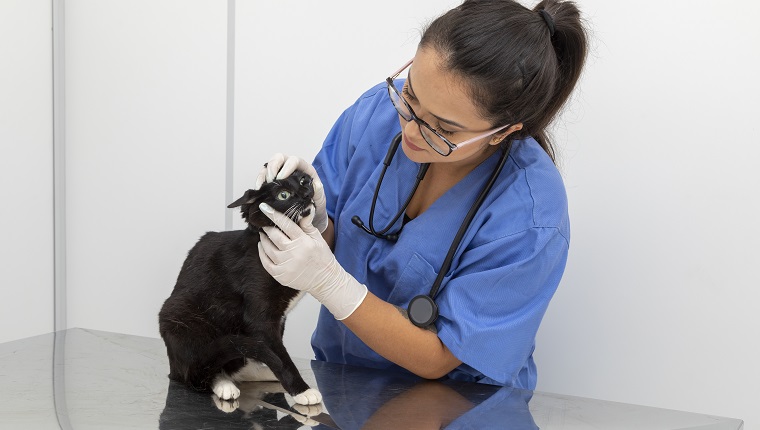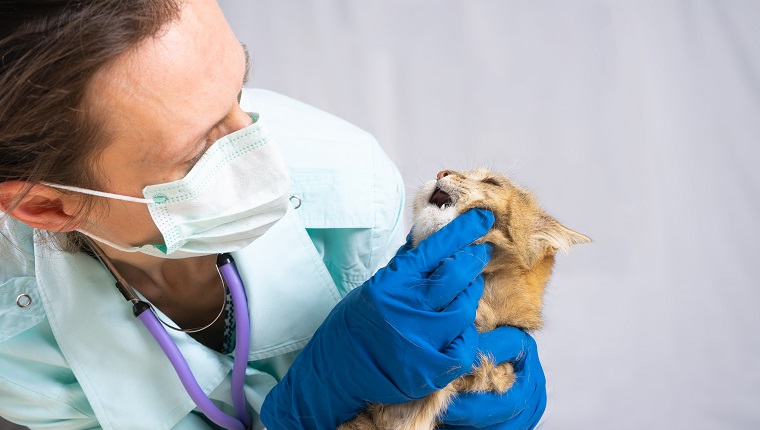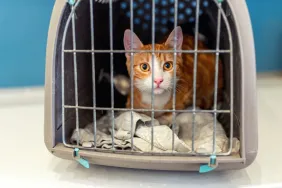Oral masses in cats are growths that appear in a cat’s mouth or in the immediate area around the head. They can be malignant or benign.
In general, it seems that older cats and male cats have a higher likelihood of developing these masses than female cats and younger cats. In better news, most cases are able to be treated effectively if they are discovered early enough.
If you see signs that your kitty might be developing masses in or around their mouth, then you must consult your veterinarian for a proper diagnosis and course of treatment. Here’s what you should know about the symptoms, causes, and treatments of oral masses in cats.
Symptoms Of Oral Masses In Cats
Oral masses in cats can produce a range of different symptoms. Some of the most common symptoms include:
- Bleeding oral sores
- Bad breath
- Drooling more than usual
- Experiencing difficulties when chewing
- Teeth problems (including displacement)
In terms of placement, masses usually appear on a cat’s gums, tongue, lips, and the lymph areas close to the mouth.
Causes Of Oral Masses In Cats

Oral masses in cats are generally considered to be idiopathic, which means there is no currently known cause.
However, some research has suggested that periodontal disease, secondhand smoke, and even wearing a flea collar are all factors that can increase the chances of a cat going on to develop these masses.
Additionally, male cats and older felines have a higher predisposition for suffering from oral masses than female cats and younger kitties.
Veterinary Treatments
If you suspect that your cat has developed an oral mass, your veterinarian will usually suggest taking a biopsy of the mass. This process will allow your vet to determine if it is cancerous or not. In many cases, vets can also use X-rays to assess the extent of the condition.
When it comes to treatment, vets often recommend a surgical procedure to remove the mass as a remedy. Additionally, they may use a course of chemotherapy or radiation.
When recovering from the surgery at home, your kitty might experience problems with being able to eat their food. Your vet can help suggest measures to make the eating process easier, and in some cases, they may recommend temporarily switching to a liquid diet.
Has your cat ever developed oral masses? How did your vet treat the problem? Tell us all about it in the comments below.









